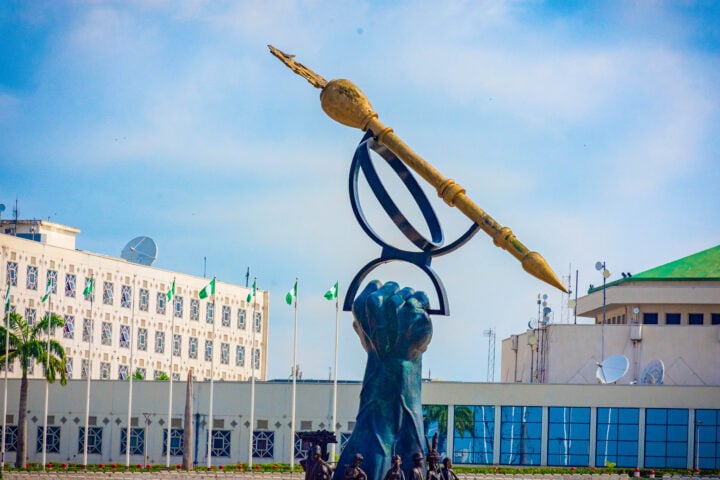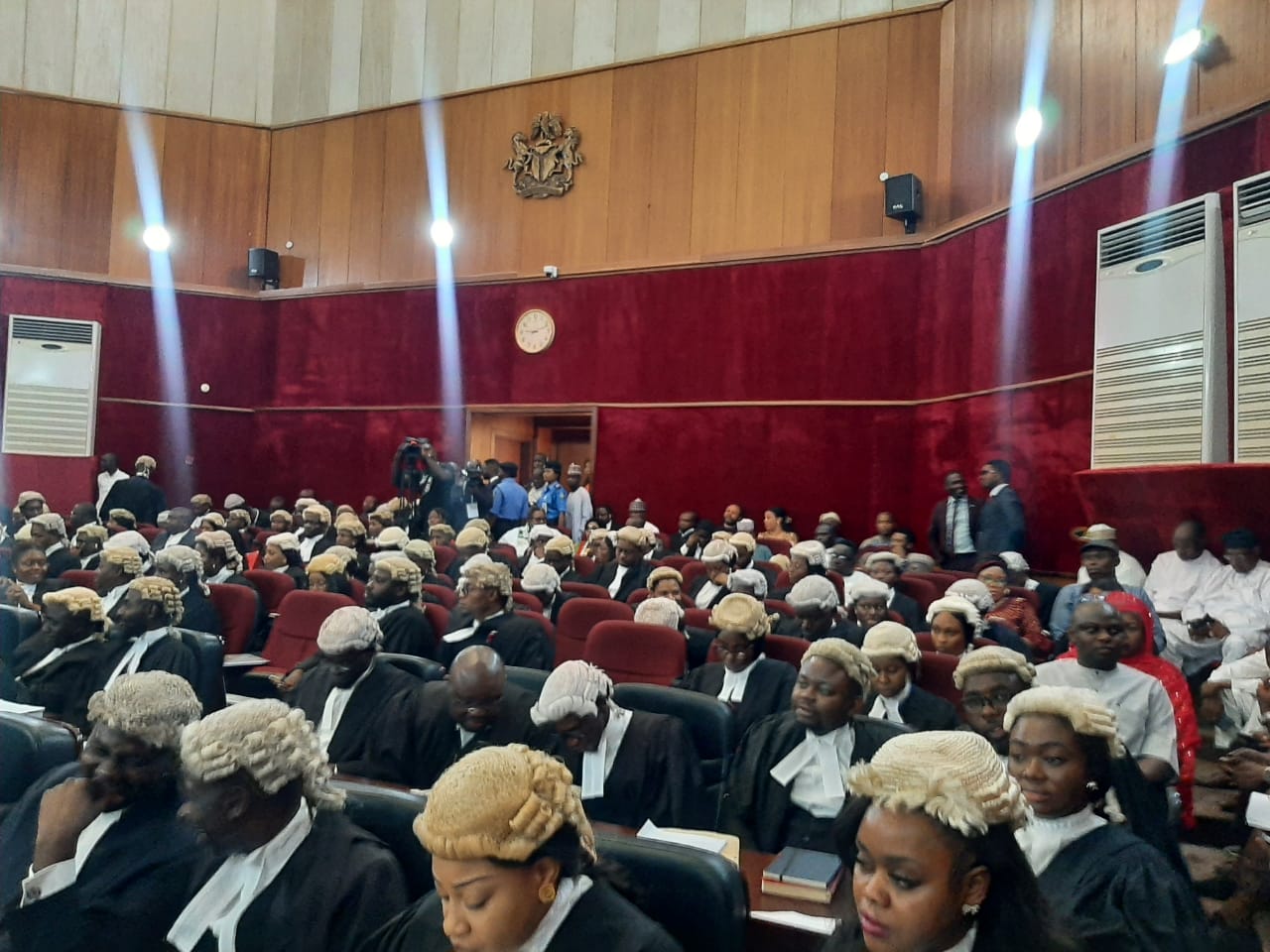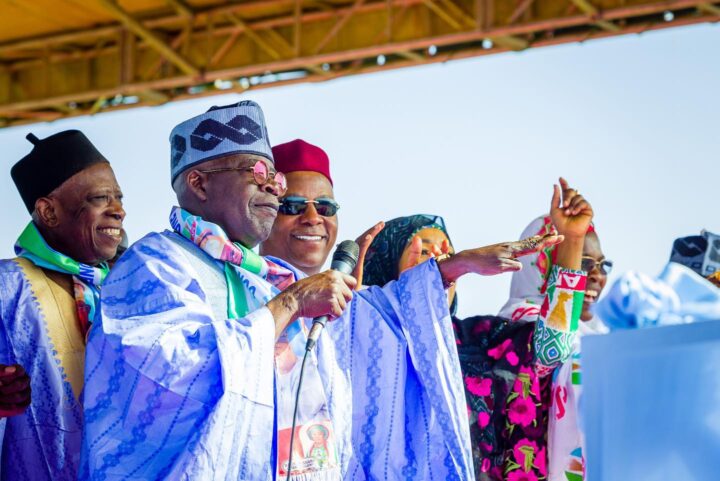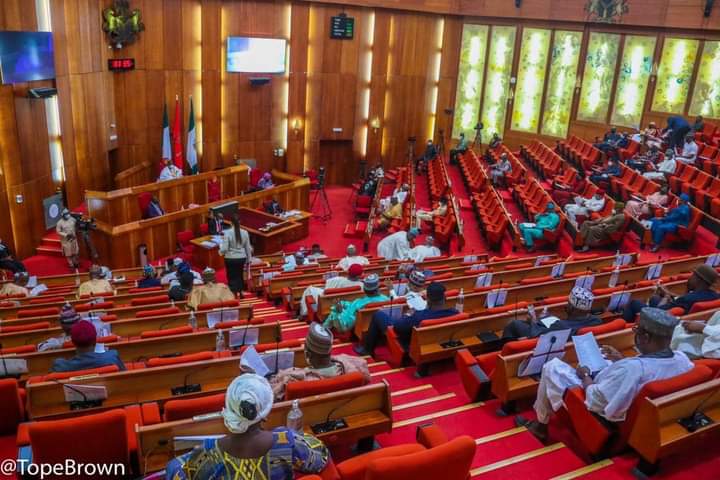It started like a grudge match. Africa’s richest man, Aliko Dangote, was dealt a bad hand in a failed transaction. Later, he vowed revenge. Not in a pound of flesh, but by venturing to make his own success where he had been ambushed.
At issue was the decision of the government of Umaru Musa Yar’Adua in 2007 to reverse the sale of the Port Harcourt and Kaduna Refineries (two of Nigeria’s moribund refineries) to Blue Star, the Dangote-led consortium.
Blue Star had paid about $670 million for the plants in the twilight of the Olusegun Obasanjo administration, and gone away thinking it was a done deal. It wasn’t.
Even though the refineries were producing at about 20 percent of their capacity at the time of sale, the Yar’Adua government, egged on by labour, insisted the “national patrimony” were under-valued and underpriced. The sale was reversed.
Advertisement
Dangote walked away bruised, but unbowed. Six years later he announced plans to build a private refinery in Lagos with a capacity of 650,000 bpd – over 200,000 bpd more than the installed capacity of Nigeria’s four refineries combined.
It sounded like a crazy idea. So crazy, Nigeria’s Central Bank Governor Godwin Emefiele said on Tuesday, that on account of it, the US lender J.P Morgan threatened to expel Nigeria from its Government Bond Index for Emerging Markets.
After unforeseen delays, including cost reviews (from the original $12-$14billion to $19billion) not to mention energy transition concerns, the glut in global supply caused by COVID-19 and spooky markets caused by the Russia-Ukraine war, the refinery is now set for official commissioning on May 22.
Advertisement
One source told me on Monday that perhaps the most significant recent reason for the delay was the need to synchronise power supply to the Fluid Catalytic Cracking Unit (FCCU), which has now been significantly completed by General Electric.
Apart from an estimated 250,000 direct and indirect jobs that the refinery would create, the refinery is also expected to spin off other business opportunities, a story that Dangote loves to share in a country with 33 percent unemployment.
S&P Global reported two months ago that early commencement of the Dangote Refinery would not only benefit Nigeria, but could also benefit Africa currently suffering a shortage of diesel as a result of the closure of three of five refineries in South Africa.
The continent imports about 700,000 bpd of diesel. Diesel is one of the four quality Euro-V products expected from Dangote Refinery. Others are gasoline, jet fuel and polypropylene.
Advertisement
But how does Africa’s richest man propose to deal with the growing resonance of the global green army?
He was once outspoken on global warming and its predations. At a fundraiser hosted by the Lagos state government for victims of a major flood disaster in 2011, Dangote said: “All over the world, nature is reacting. We are having extreme weather conditions…as managers of the city, our responsibility is to share knowledge with our people to prepare for the worst and hope for the best.”
That was before he started building his refinery. For Nigeria and much of Africa, where energy resources, renewable and otherwise, remain considerably underutilised, the choice seems to swing between managing emissions, already among the lowest in the world, and expanding industrial processes required to meet rising energy demand.
Dangote Group said it was not in denial of the dilemma it faces from green campaigners. The group executive director, strategy, capital projects and portfolio development, Devakumar G. Edwin, said five years ago that the group was dedicated to producing “efficient and clean fuels by investing in processes that meet European standards of gasoline”.
Advertisement
Edwin tracked back to why the refinery was started. “Primarily,” he said, “Nigeria exports raw materials and imports finished products. When you import the finished product back, you are essentially importing poverty into the country.
“We have always focused on import substitution. It’s what we are doing in sugar and what we’ve done in cement. So, we decided to adopt the same strategy for petroleum refining.”
Advertisement
Apart from the economic implications, an NGO, Stakeholder Democracy Network, reported on its website that the quality of the stock of imported fuel could also potentially undermine air toxicity, and cause other environmental problems.
Yet, the Energy Transition Plan (ETP), a green playbook by the government to achieve carbon neutrality by 2060, is an indication that Nigeria recognises the urgency of sustainable carbon footprint.
Advertisement
The ETP comes on the heels of the Petroleum Industry Act, finally ratified in 2021. The law is supposed to introduce stability, transparency and accountability to an industry that has long resisted reform.
The ETP anticipates a scenario in which increased investment in the sector would lead to an uptake in the use of gas as a “transition fuel” and also help accelerate the move toward decarbonisation.
Advertisement
The divergence of opinions surrounding what methods to implement and what outcomes to project has in some way come to define the conversation on sustainability, with a number of developing countries even canvassing such ideas as “energy justice!”
Large industrial projects like Dangote Refinery, which covers 2,635 hectares, are infamous for environmental challenges they present to the local ecosystem, often causing long-term damage and increased risk of displacement. Already, local populations have called attention to the disruptive effects of the refinery on the environment and their livelihood.
The continent faces what could well be Hobson’s choice: how to overcome widespread energy poverty while at the same time not ignoring global concerns about the deleterious effects of converting its rich deposits of hydrocarbon resources. Nigeria, like many commodity-rich countries on the continent, is at a crossroads. Is there a bridge?
Maybe. And Africa’s richest man is poised not only to fill a vital supply gap but also to do so as a business, keenly aware of all the bad habits that ruined the state refineries. Reuters quoted him as saying he was focused on starting production at the end of the third quarter of 2022 and to reach full capacity by early 2023 – a dream now deferred.
Dangote Refinery is not Nigeria’s first experience in private refining. To plug the supply gap, previous governments issued dozens of licences for “modular refineries”.
As a result of price caps and other regulatory hassles, however, only two of them with a combined capacity of 10,000 bpd are currently producing. Yet their combined output, even with those of rogue refineries that dot the oil-rich Niger Delta region, still falls far short of the estimated daily consumption of 72 million litres daily, an estimate still viewed with suspicion in some circles.
One and a half decades after Dangote’s Blue Star misery, the mood in official circles has changed. In 2021, the government gave state oil firm, NNPC Limited, approval to buy a 20 percent stake valued at $ 2.76 billion in Dangote Refinery, indicating a significant shift in government attitude.
Dangote told The Economist that the refinery would save Nigeria up to $10 billion in foreign exchange and generate approximately $10 billion in exports. The country’s perennially opaque petrol demand and supply chain could also be rewritten. While the location of the refinery could bring benefits of lower freighting costs, pump prices would still be largely determined by the markets.
Nigeria imports 80-90 percent of all domestically consumed petroleum products. According to the Observatory of Economic Complexity (OEC), Nigeria imported $11.3 billion in refined petroleum products in 2021, becoming the 18th largest importer of the products in the world, while refined petroleum was the first most imported product in Nigeria.
Whatever the world may be saying about fossil fuels, carbon footprint and spooky markets, the hundreds of thousands of unemployed Nigerians cannot wait for the relief that the commencement of the refinery promises, even if it’s indirect.
As Kudirat Oyefeso, a trader in Ajah, Lagos, about eight kilometres from the site of Dangote Refinery said, “It is the person who is alive and has something to do that can worry about climate change.”
Looking back in his quiet moments 16 years after he felt hard done by the Blue Star experience, Africa’s richest man might perhaps sometimes pinch himself as he recalls how what started as a grudge match has ended up feeling like the parable of the rejected stone.
Ishiekwene is the Editor-In-Chief of LEADERSHIP
Views expressed by contributors are strictly personal and not of TheCable.
Add a comment







